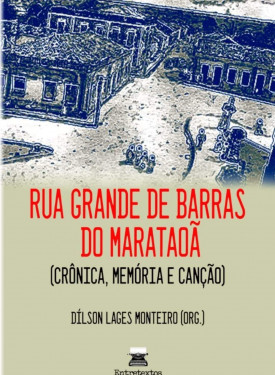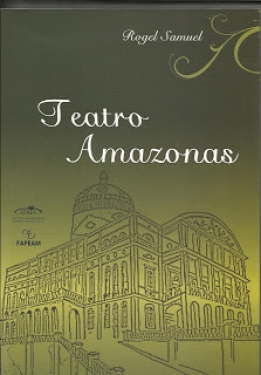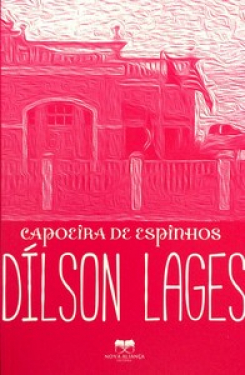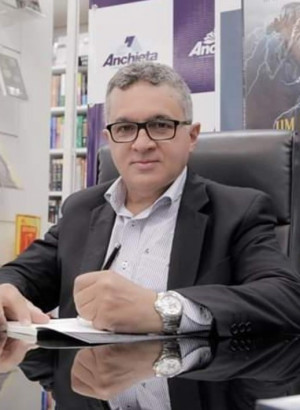THE AMAZON
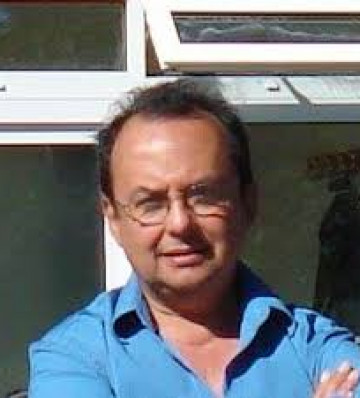 Por Rogel Samuel Em: 29/03/2021, às 09H28
Por Rogel Samuel Em: 29/03/2021, às 09H28
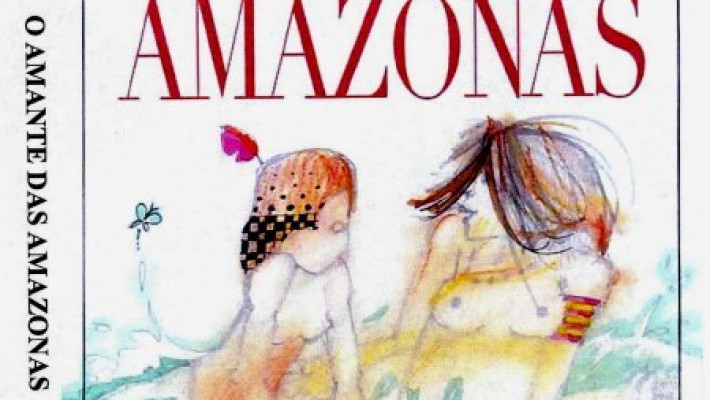
Twenty-two: The Daily News - Translation by Christopher Schindler
Benito Botelho stood in front of the house of Abraham Gadelha for some time without making a move to enter. At 52 Joaquim Nabuco Street. Two stories, Moorish style.
He had a feeling that he would be fired. A few years ago he would not have worried, but the situation was different now. Aunt Eudocia was old, sick and did not get out of her hammock. He had to provide some money to take care of her, pay for a cabocla maid to come in, and opportunities in Manaus were rare now.
Surprisingly, Gadelha received him amiably and invited him for dinner.
Gadelha foresaw his defeat at the polls. It was just a month until the elections and Antonio Ferreira had an advantage over him. Ferreira was livelier and physically stronger, more likeable and was solely occupied with politics, working at nothing else. On the contrary, Gadelha was seldom in Manaus, was employed in Rio de Janeiro where he resided; Antonio Ferriera was a professional politician, Abraham Gadelha a journalist and entrepreneur and the influence of his sponsor, Getulio Vargas, was beginning to decline.
But Gadelha would form an alliance with Antonio Ferriera in those first years. As the State of Amazonas had not come out of the pre-failure situation in which it remained since the end of the rubber boom, it would be impossible for Ferreira to institute good governance and so Gadelha finally broke with him, accusing him of corruption and being irresponsible; he would assume power again and choose Ribamar de Souza as his candidate.
Ribamar de Souza, however, was elected to the Senate.
Abraham Gadelha counted on Benito Botelho to write a serious article against the coming government. Benito would write signed articles, polemics, putting a lot of wood on the fire as only he knew how. Meanwhile, Gadelha would go to Rio. When things cooled down, he would return to Manaus, dismiss Bentio Botelho and make an alliance with the new Governor. He knew that only Benito had the courage for a direct attack. Benito figured in his plans. Benito had nothing to lose. There had been a bounty on his head for a long time now.
The meal was simple. They ate at a roomy table covered in the middle with a folded tablecloth. Gadelha lived alone, far from his family. Black beans and rice, fried and cooked fish, banana farofa.
“So?”, asked his host, suddenly, fork in hand. “You found out nothing?”.
Bentio Botelho took a swig of beer before replying. He felt guilty about the decline of the party.
“Nothing,” he said. “But I ran across something I wasn't looking for.”
“Really? At least it would give up some good material and compensate for the money lost. Tell me.”
“Unfortunately, it's something not for publication,” said Benito.
“All the better, then.”
“Listen, Gadelha, one step at a time … do you know the story of the Caxinauá Indian woman?”
“Who?”
“I told you about her, Gadelha. She was brought up at Manixi with Zequinha Bataillon. She was his nursemaid.”
“Yes, I remember.” said Gadelha.
“It happens, Gadelha, that Maria Caxinauá is living and is the grandmother of Diana Dartigues.”
Gadelha choked.
Gadhelha was coughing; he became very red. He took a swig of beer.
Gadelha did not easily recover. Now the powerful Ribamar de Souza, his ally, who had come from nothing, from the village of Patos in Pernambuco from which he left with two changes of clothing in a tied-up and sewn together suitcase, was revealing his secret? Gadelha's head was spinning at a frightful speed. Because Diana Dartigues was a mystery to everyone. No one knew the origin of the couple's wealth. Money appeared as by magic.
The social columns fed the Diana Dartigues myth. Ricardinho Soares said: “Diana is divine.” She was mentioned as one of the most elegant women of Brazil in the column of Ibrahim Sued of Rio de Janeiro. Thin, tall, elegant and sensual, no one denied the position she always occupied among the most progressively fashionable of her time. Her walk, her way of flinging her arms forward, her adroitness in twisting her long neck, a long-legged crane, studied movements, French model. Diana did not walk – she sashayed past. Always with bright clothes making her brown complexion stand out, always with high heels. She wore almost no jewelry, always in a certain moderation – a small brooch, or a single finger ring, a string of pearls. That was it. Sometimes a ribbon around her neck with a ruby.
It was a fine sight to be there when the couple of Ribamar and Diana got out of the white Buick with their chauffeur. Ribamar, very much older, an entrepreneurial type, smiling at everyone. And Diana with her hat, a hint of a smile, dignified, tall, thin, aristocratic, one foot, then the other, young, arms raised or flung forward with indifference, hips a little askew, but not exaggerated.
A handsome couple. Even their adversaries respected and feared them.
“But that is not all,” continued Benito.
“How did you find out these things?”, Gadelha asked.
“An Indian woman named Irini told me. She brought up the child. It was she who brought her to Manaus...I was with her.”
“You were going to say...”
“Yes, look, Gadelha. Juca das Neves was bankrupt. Who paid his debts?”
“No one ever knew,” said Gadelha.
“She did. Diana Dartigues!”
Abraham Gadelha looked at his interlocutor with disbelief, but Benito continued:
“Years ago, Maria Caxinauá stole an iron chest full of Pierre Bataillon's pounds of gold. She hid it the whole time and then gave it to her granddaughter to start out on life...”
“Don't you think this story quite extraordinary?”
“I do and it is,” said Benito. “But it's the truth.”
Getting up, as the dinner was over, they went out to the indoor garden. Portuguese mosaics, glazed walls, cane chairs. The garden was a circular orchidarium with a pool in the middle, Cattleya superba, Cattleya eldorado, fairy-like, hallucinatingly beautiful. They sat surrounded by orchids, the host's favorite spot where Gadelha received politicians. Warm air wafted down through the skylights. Humid hothouse atmosphere, botanical garden.
“And Diana's mother?” Gadelha asked.
“She died a long time ago.”
They remained silent. Then Benito spoke:
“Do you know who Diana's grandfather is?
“Who?”
“Zequinha Bataillon... Diana is the granddaughter of Zequinha and Maria Caxinauá.”





